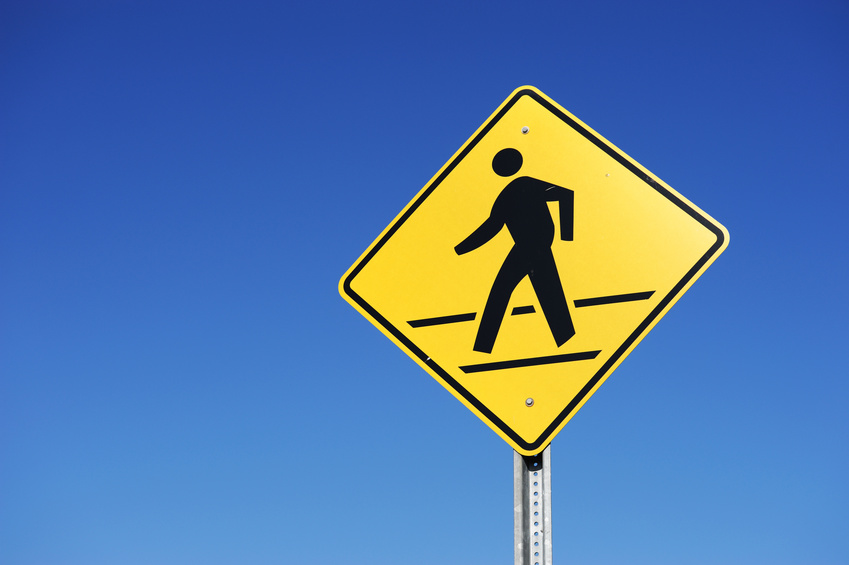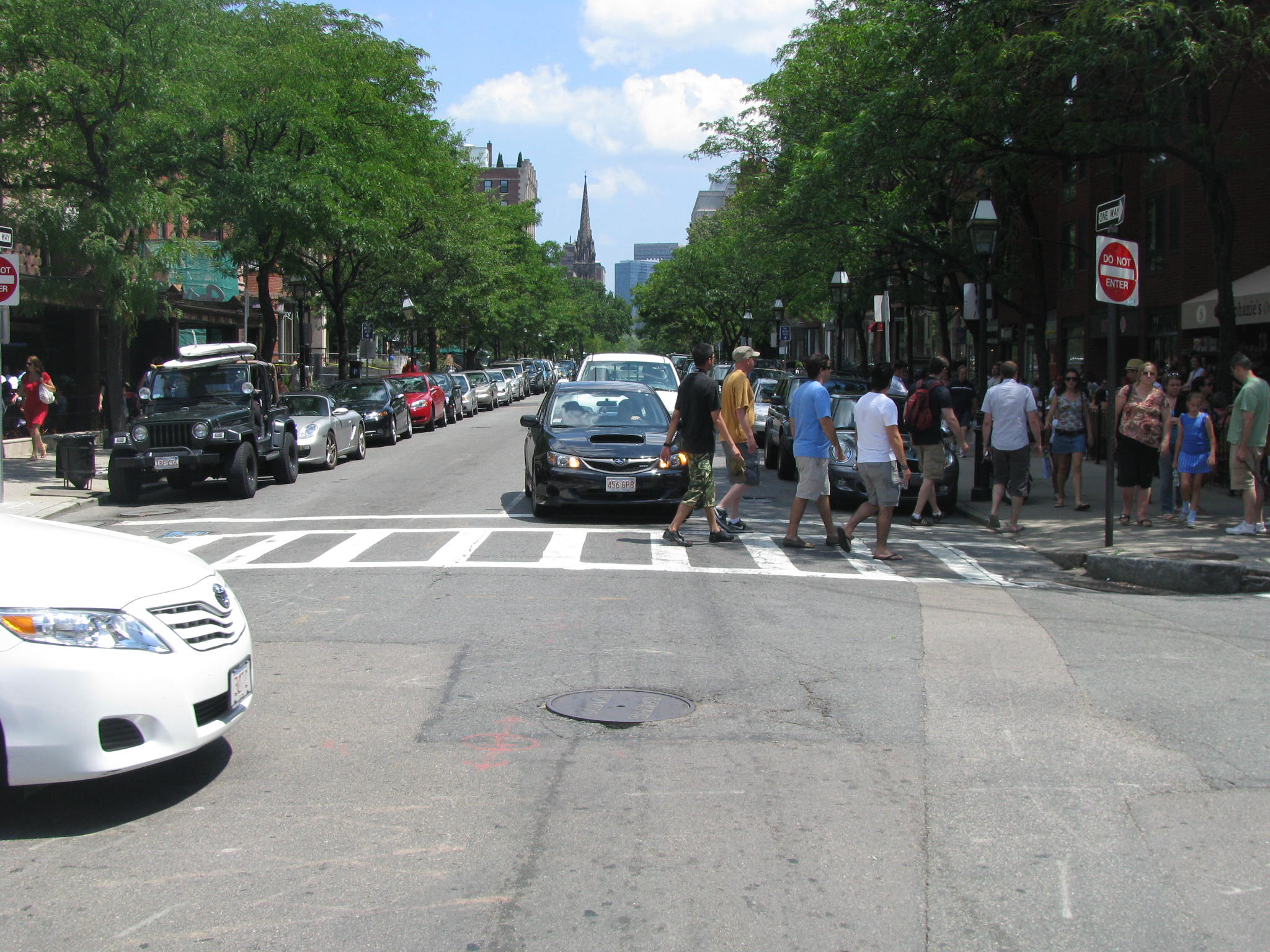 When monster Bike Share programs get launched, like the one in NYC, the press is all over it. But Bike Share has its roots in smaller cities, often originating from an association with local colleges.
When monster Bike Share programs get launched, like the one in NYC, the press is all over it. But Bike Share has its roots in smaller cities, often originating from an association with local colleges.
A story in Momentum Mag gives a nice overview of cities, about the size of Rochester- or smaller, that have had solid bike share programs for years. It paints a picture that suggests that a bike share program here would be fairly easy to organize, get supporters to manage…and it would be embraced, and a success.
Madison, WI. has a population close to Rochester’s, under 250,000. It has a population density of around 3,000 people per square mile; Rochester has about 5875 people p/sm. They have had a bike share since 2011 and it has been a shining success with thirty five bike stations and two hundred twenty five bikes.
“‘We jumped from 470 members to over 2,000 between 2011 and 2012 – over a 300 percent increase in membership,’ said Claire Hurley, the program’s manager. Hurley attributes the growth primarily to a partnership made with the University of Wisconsin – a partnership that has been integral to the program’s success.”
Through good leadership, community support and the link to the university the project is largely self funding.
“‘The program, which was initially funded through a donation by Trek, recovers about 60 percent of its revenue through its membership and user fees – 25 percent higher than the national average for transit systems – and receives the rest of its money through sponsorships and donations.'”
Chattanooga, TN, has built a successful program leveraging a proximity to the University of Tennessee. The city has a population of around 171,200 with a density of 1267 p/sm. UT hosts five of the program’s thirty two stations and subsidizes student memberships.
Small and medium sized cities often face strict city budgets that don’t have room for new programs but bike shares have sprung up with grants from manufacturers and support from involved universities and colleges.
All this suggests that Rochester, and the University of Rochester, is the natural platform for initiating a bike share program. College Town is getting a $20 million loan from the City and city leaders want the direction of the school’s development to go north.
The UofR has worked hard to revitalize the 19th ward and encourage their employees to move there. Given the area from Brooks Ave. to Strong Hospital a bike share program would seem a natural fit. A bonus would be that more bikes would shift the balance of traffic priorities which now, still, favors cars in the College Town area.
Why else should the city and UofR do this? Listen to the Mayor of Phoenix AZ, Greg Stanton:
“Bike-friendly cities are the ones that are going to advance in this new economy. If we want to attract and retain the right kind of jobs and entrepreneurs to our city, becoming more bikeable is critical.”
Momentum Mag
Bike Share Finds Success in Small Cities
PIC wiki
http://upload.wikimedia.org/wikipedia/commons/2/20/Bike_share.jpg






No Comment